Lists













13 Books
Have Read
Sort by:
Recent Desc
More lists by Kathryne Rose



To Read
List includes: One Flew Over the Cuckoo's Nest, The Virgin Suicides, The Rules of Attraction
March 2021
0
@kathrynerose



Favorite Games
List includes: Grand Theft Auto: San Andreas, Final Fantasy X, Super Mario 64
March 2021
0
@kathrynerose
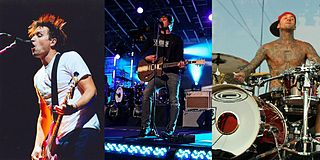
Nostalgia Bands
List includes: blink-182
March 2021
0
@kathrynerose


All Time Favorites
List includes: Amadeus, A Clockwork Orange
March 2021
0
@kathrynerose



Modern Horror Favorites
List includes: Silent Hill, The Others, The Blair Witch Project
March 2021
0
@kathrynerose
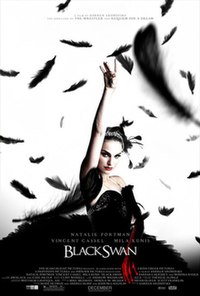
Odd/Cult Films
List includes: Black Swan
March 2021
0
@kathrynerose
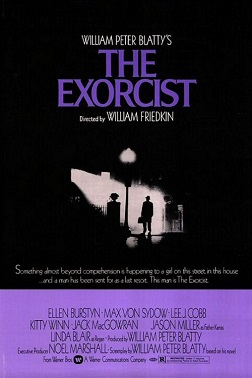


Classic Horror Favorites
List includes: The Exorcist, Rosemary's Baby, An American Werewolf in London
March 2021
0
@kathrynerose


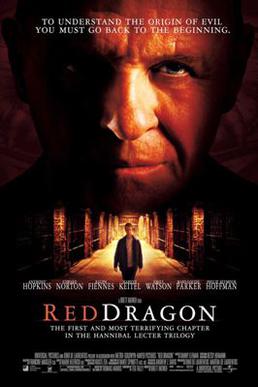
Crime/Serial Killers
List includes: Se7en, Natural Born Killers, Red Dragon
March 2021
0
@kathrynerose
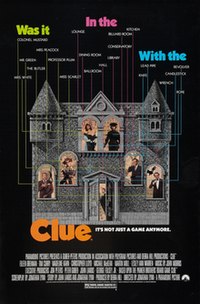
Comfort/Sleep
List includes: Clue
March 2021
0
@kathrynerose